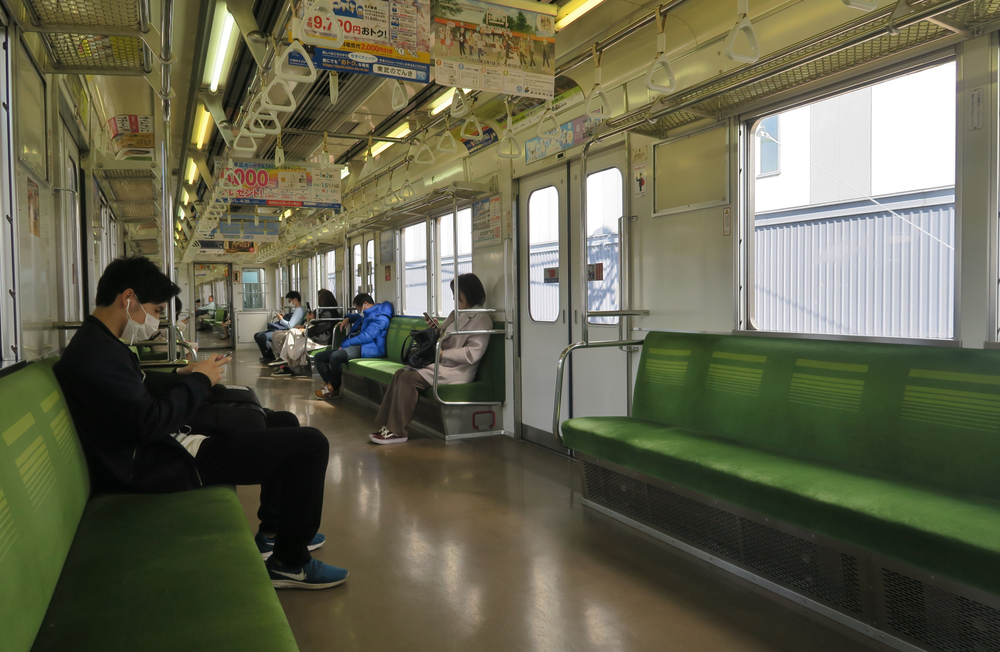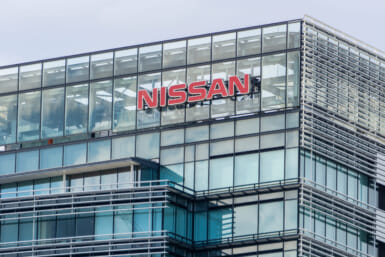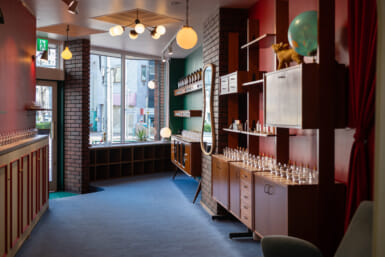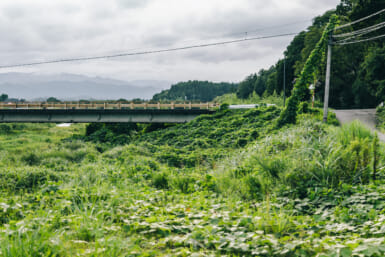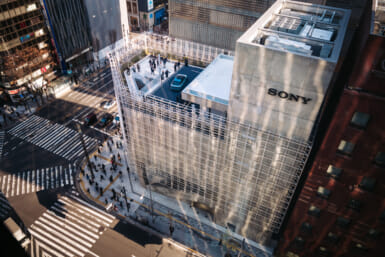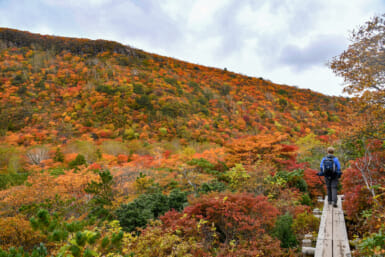How individuals, nations and the world as a collective deal with life after COVID-19 will be one of the most intriguing social experiments in human history. And we are all subject to its whims.
Millions of people sitting nicely on the safety net of job security have plunged through the mesh. Nations reliant on tourism to keep their economies afloat, saw the industry implode and watched helplessly as their respective financial ships began to sink. And when the world needed olive branches extended across borders more than ever, bitter spats between heads of state and the resurfacing of old political tensions has left huge rents in the fabric of international society.
Japan, at the micro and macro levels, has been far from immune to the viral shake up. The COVID-19 situation has tarnished Prime Minister Shinzo Abe’s reputation, particularly among Japan’s population of foreign residents, while the economy was dealt a double haymaker with mass international travel bans and the Olympics being nudged back until 2021.
Japan’s back is against the wall, staring into a future shrouded in mists of uncertainty. What can we expect out of life in Japan post-COVID-19? And when, if at all, will things get back to normal?
WHO chief deems Japan's battle against coronavirus a 'success' https://t.co/H9ARsA5Rmp
— The Japan Times (@japantimes) May 26, 2020
Reshaping our Definition of Normal
The past couple months have continuously posed an important philosophical question: What is normal?
Activities I would have deemed a little eccentric back in February have become welcome reprieves from the potential banalities of pandemic life. Waking up at 5am to drink beer and have a pub quiz over Zoom – an app that’s now tumbling off everyone’s lips as though we were never without it – or leafing through Albert Camus’ The Plague with a macabre and bleary-eyed obsession during the wee hours of morning, don’t seem all that odd anymore.
Never mind that when I’m out for a run I avoid passersby as though they were foul smells, and dive behind the nearest cover if someone so much as reaches for the tissues.
But are these idiosyncratic behaviors products of their suffocating times? Or is the world just set to be a different place from now on?
Ostensibly, people want some semblance of life before COVID to return. But human nature suggests we will enter the next phase of the pandemic a little more paranoid: Would you be happy to stand cheek-by-jowl on a packed train anytime soon? What if you stepped into a busy supermarket and no one was wearing a mask – would you feel at ease?
It will take time for people to psychologically recover from the scars of this pandemic. A phase-based reduction in social restrictions looks to be a good fit for individuals and societies on the arduous road to recovery.
Japan to reopen social, economic life in phases https://t.co/vxC8UkglaK
— NHK WORLD News (@NHKWORLD_News) May 25, 2020
Back on Track
The framework set out by Tokyo Governor Yuriko Koike aims to reduce social restrictions in three steps: 1) The reopening of public facilities such as museums and libraries; 2) Theaters and other public spaces considered to be at low-risk of mass gatherings can resume operations; 3) All other facilities can run as normal, bar the highest-risk environments. Specifics and an exact timeline will be unveiled in due course.
Prime Minister Abe took it one step further calling for all residents to maintain a new lifestyle even after restrictions have been lifted; including wearing masks, maintaining a distance of two meters from others, washing hands frequently, working remotely and avoiding rush-hour public transport.
Social distancing aside – which is essentially impossible for most Tokyo commuters – these requests align with previously adopted behaviors in Japanese society. Even the handshake, which has now become taboo across the world, has always been approached by the Japanese with a little trepidation. How the congested public transport situation is managed in Tokyo however, will be one of Japan’s greatest headaches moving forward.
Post-COVID Commodities
Things we once took for granted are likely to become commodified as entire industries have teetered on the brink of destruction in the wake of COVID-19.
International travel is one of the pandemic’s most obvious victims, and there are widespread fears it will become a luxury, as airlines, operated flights and the number of passengers per trip become fewer and further between.
Aviation expert Henry Harteveldt warned Travel + Leisure magazine that consumer air travel may also resume in staggered fashion, beginning with limited flights, blocking off middle seats and limiting premium cabin passengers.
Halting professional sport worldwide has left equally gaping holes in people’s calendars, and the withdrawal symptoms of those starved of live competition have been loud and clear. It was no surprise that record viewing numbers tuned in for the return of Germany’s behind-closed-doors Bundesliga (premier soccer league) this weekend past.
The J. League (Japan’s top soccer competition) and Nippon Professional Baseball are still in limbo, but are hopeful of similar returns to action come June. Though major caveats will come with their arrival out of the doldrums.
Sports will initially be played in empty stadiums, and if fewer seats are available in stadiums upon reopening – so as to maintain appropriate social distancing – ticket prices could spike to help keep struggling clubs afloat. Pre-match temperature checks and virus tests for supporters are also among the issues being genuinely discussed in the global sporting sphere.
Japanese biotech venture #AnGes is set to begin clinical trials for a #coronavirus #vaccine in July, and is aiming for government approval of the treatment by the end of the year. #COVID19https://t.co/kMpLJiRiNt
— Nikkei Asia (@NikkeiAsia) May 25, 2020
Dystopia Rising?
Japan plans to roll out a contact-tracing app toward the end of the month, suggesting we’re entering some neo-Orwellian state of invasive mass surveillance. Originally developed by the Singaporean government, the app notifies users if they have come into contact with a person diagnosed with COVID-19.
Japan’s support for the app seems a little strange after it struggled to set terms for the state of emergency over fears of infringing on the public’s human rights. As a step toward privacy protection however, the app will reportedly not keep people’s geolocations, and will not indicate when and where people came into contact with COVID-19 carriers to avoid inevitable stigmatization.
The conversation around robots and production line automation has also been bolstered by the pandemic. According to the Financial Times, Hiroshi Ogasawara, president of Yaskawa Electric, argued the trend “will only accelerate.”
Though he comes from a position of inherent bias, robots’ obvious inability to contract a disease supports his theory. Increased automation in the workplace would see another huge wave of unemployment on top of the one million jobs already forecast to be lost in Japan.
A Time of Uncertainty
There is good news: phase one of the pandemic finally looks to be in its death throes. But while hospital wards will be spared the horrors of early-2020, Japan’s job and hobbyist sectors are in for troubles of their own.
Enforced change is a by-product of crisis. Unfortunately, the continued uncertainty of a coronavirus world, ensures it’s tough to predict which changes are here to stay.
Feature photo by Picturesque Japan / Shutterstock.com

